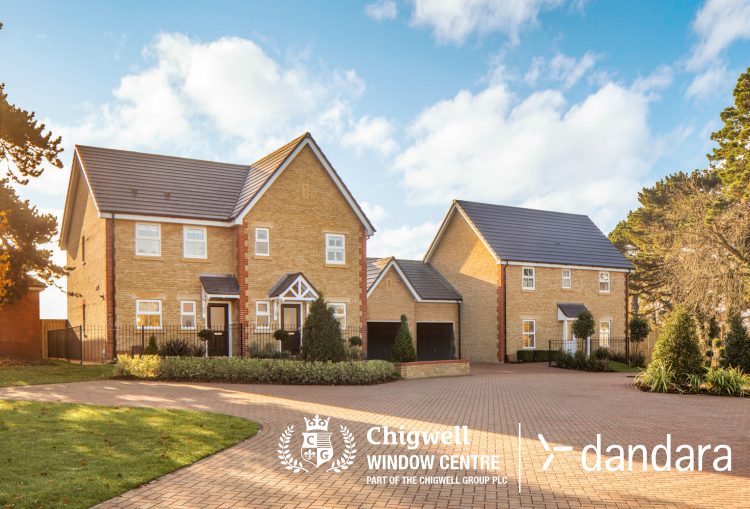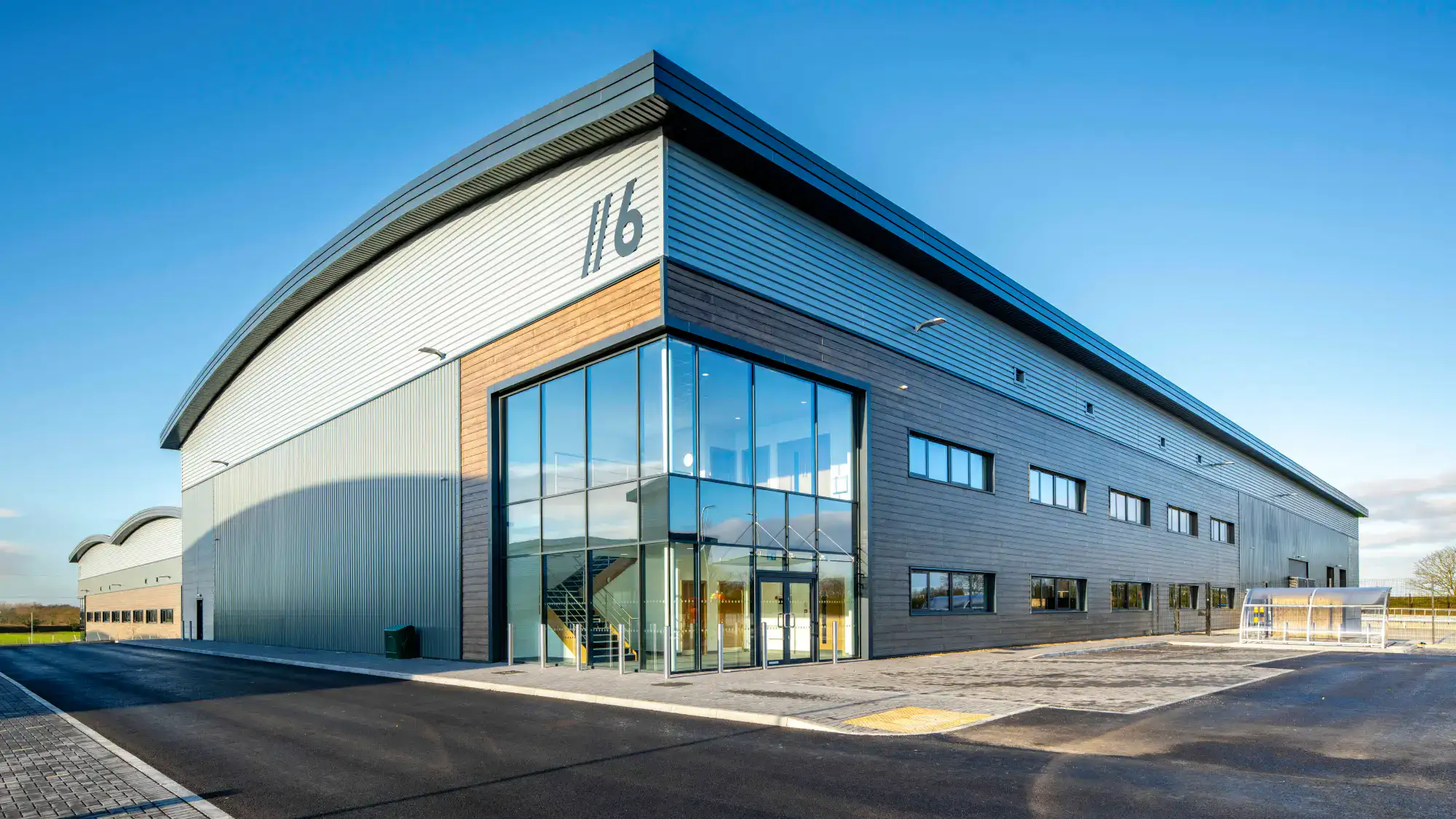Modern architecture prioritises materials that marry aesthetic appeal with enduring performance. Aluminium doors and windows, sleek and lightweight yet incredibly robust, have become a favourite among homeowners and builders alike. Still, concerns about their longevity, particularly their resistance to corrosion, often surface. Let’s unravel why aluminium, unlike many other metals, doesn’t succumb to corrosion.
What is Corrosion?
Corrosion is a natural, electrochemical process in which metals deteriorate due to reactions with environmental elements, typically oxygen and moisture. This reaction often manifests as rust, particularly in ferrous metals such as iron and steel.
However, it’s important to note that not all corrosion is rust, and not all metals react the same way. Aluminium does not rust, as rust is a specific term related to iron oxide. Instead, it undergoes oxidation, but the results are vastly different. Unlike iron, whose oxidation weakens and flakes off, aluminium forms a resilient, adhesive layer that actually protects the underlying metal.
The Protective Nature of Aluminium Oxide
One of aluminium’s most remarkable traits is its ability to generate a microscopic yet formidable shield: the aluminium oxide layer. The moment raw aluminium is exposed to air, this oxide layer begins to form naturally, within milliseconds.
What makes this oxide film exceptional is its self-passivating and self-repairing properties. If the surface is scratched or damaged, the oxide reforms instantly in the presence of oxygen, sealing the breach and preventing further degradation. This phenomenon ensures that aluminium does not continue to oxidise beneath the surface like ferrous metals do.
Why Aluminium Resists Corrosion
The inherent electrochemical stability of aluminium plays a significant role in its corrosion resistance. On the galvanic scale, aluminium is positioned such that it is less reactive in most environmental conditions, especially when protected by its oxide skin.
Moreover, modern aluminium used in architectural applications is rarely pure. It is alloyed with elements like magnesium, silicon, and manganese to enhance its strength and further boost its resistance to environmental wear. Marine-grade aluminium alloys, in particular, are engineered to withstand salt-laden air and continuous moisture exposure.
Special treatments, such as anodising, intentionally thicken the oxide layer for even greater durability. This process not only augments corrosion resistance but also allows for attractive, long-lasting finishes in a variety of hues.
The Durability of Aluminium Doors and Windows
Aluminium frames outperform their steel and wooden counterparts in a wide range of environmental scenarios. In coastal regions, where salty air rapidly corrodes most metals, aluminium boasts exceptional resistance. Even untreated, high-quality aluminium displays impressive resistance, and when coated or anodised, it becomes virtually impervious.
Wood swells, rots, and decays when exposed to humidity and rain. Steel rusts without diligent upkeep. But aluminium, thanks to its naturally hydrophobic surface and UV resilience, maintains structural and aesthetic integrity for decades, often outlasting the buildings they are installed.
Even acid rain and urban pollutants—acidic compounds that aggressively corrode steel and concrete—have a muted effect on treated aluminium. It is no coincidence that many high-rise buildings, airports, and bridges feature aluminium cladding and windows.
At Chigwell Window Centre, our aluminium windows and doors are further protected during manufacturing with powder coating. Whilst the primary motivation for powder coating might be the almost unlimited range of colours, the process further protects a door from the elements.
Read More: Do You Need Planning Permission to Replace a Front Door?
Best Practices for Maximising Corrosion Resistance
Although aluminium is naturally resilient, its performance can be further optimised by adhering to best practices:
- Powder Coating: This electrostatically applied finish adds an extra barrier, enhancing both aesthetics and durability.
- Anodisation: A controlled oxidation process that significantly thickens the protective oxide layer.
- Quality Control: Choose frames from reputable manufacturers who use certified alloys and advanced fabrication techniques.
- Maintenance: Rinse frames occasionally to remove airborne pollutants, especially in urban or coastal areas. Avoid harsh cleaners or abrasives that might compromise the finish.
By combining these methods with careful installation (which can be provided by Chigwell Window Centre), homeowners can enjoy aluminium doors and windows that remain corrosion-free for the long haul.
Buy Your Aluminium Doors & Windows from Chigwell Window Centre
Aluminium’s resistance to corrosion is not merely a byproduct of clever engineering—it’s rooted in the material’s natural properties. With its ability to form a self-protective oxide layer, withstand harsh environments, and maintain its structural integrity over time, aluminium is a superior choice for doors and windows.
Investing in high-quality aluminium frames from Chigwell Window Centre, complemented by protective finishes and minimal maintenance, ensures a future of rust-free elegance and enduring performance.
Discover your perfect windows and doors at our showrooms at Brentwood, Epsom, Loughton or Romford, or simply give us a call on 020 8500 4900.


